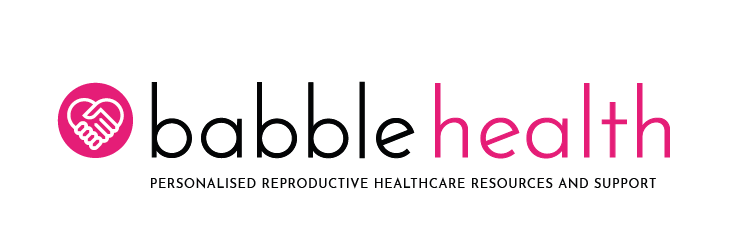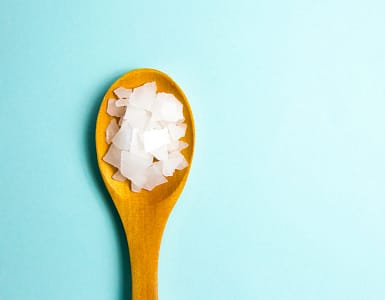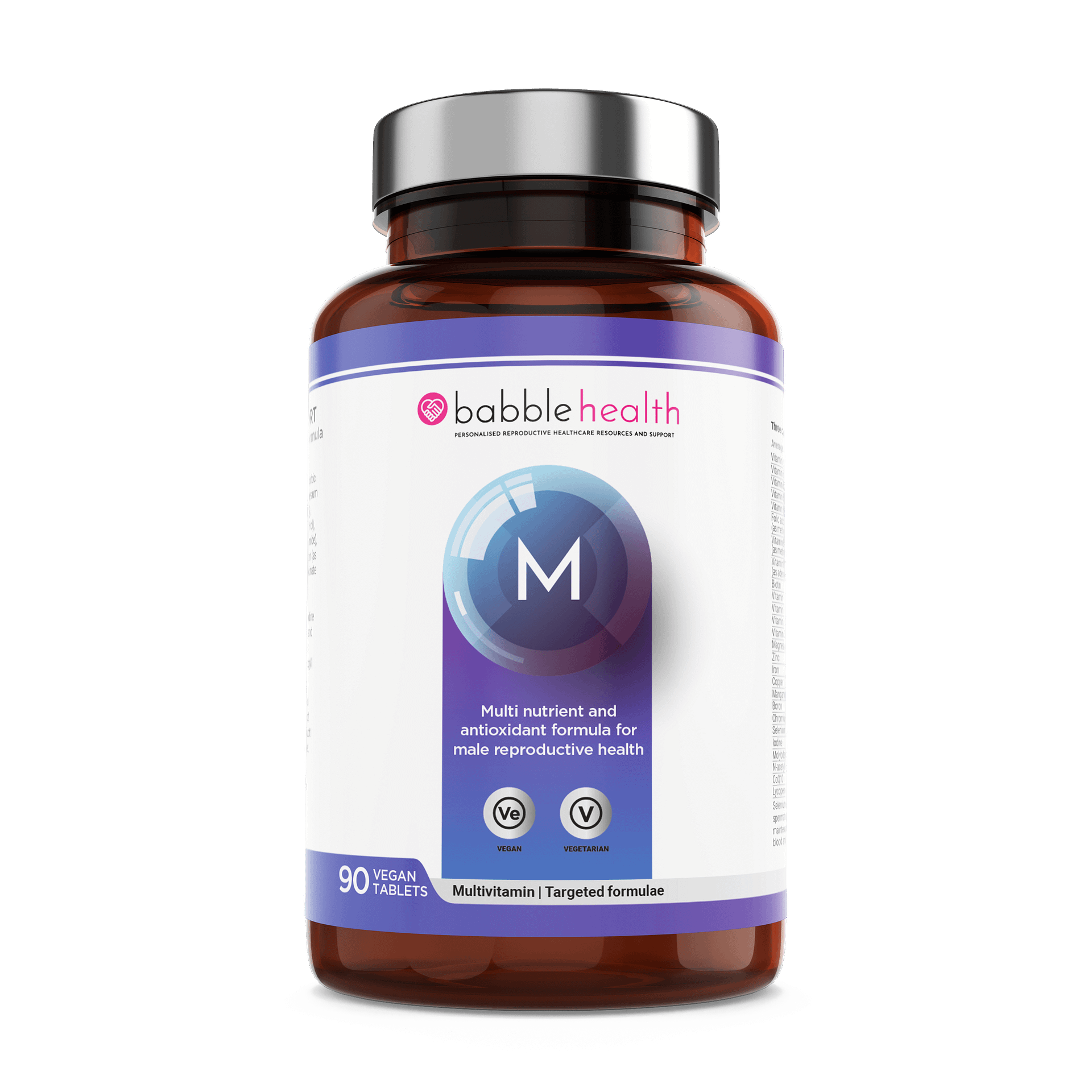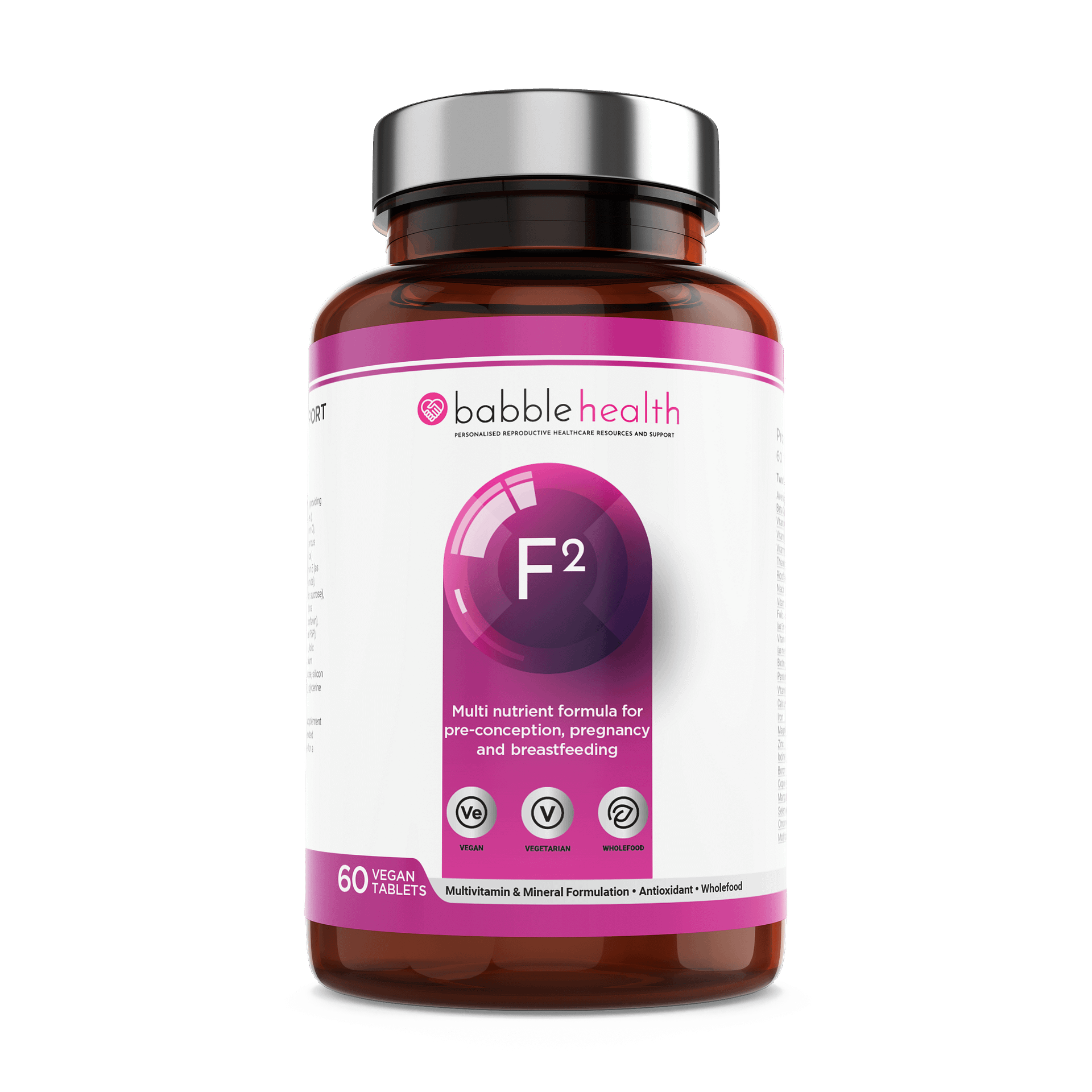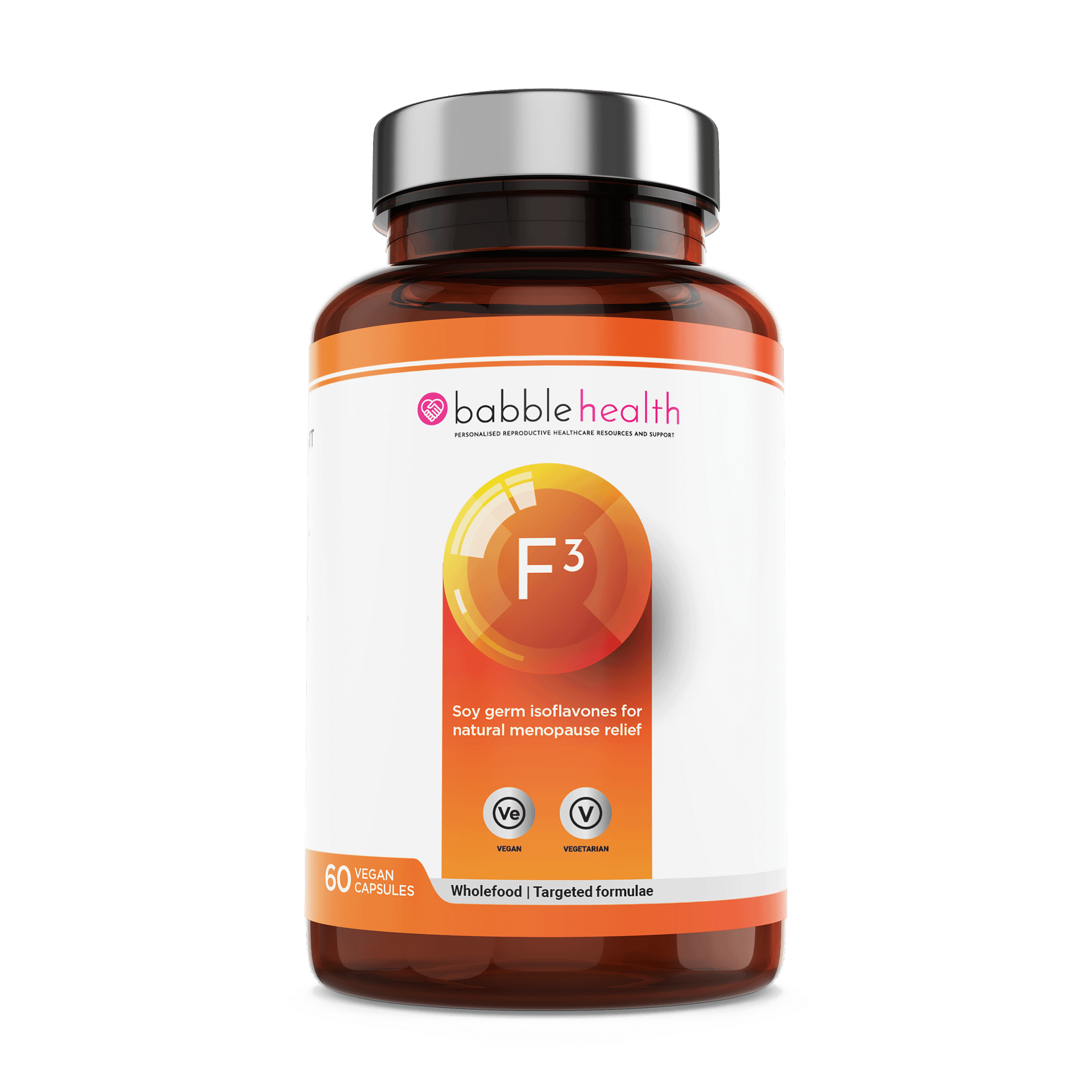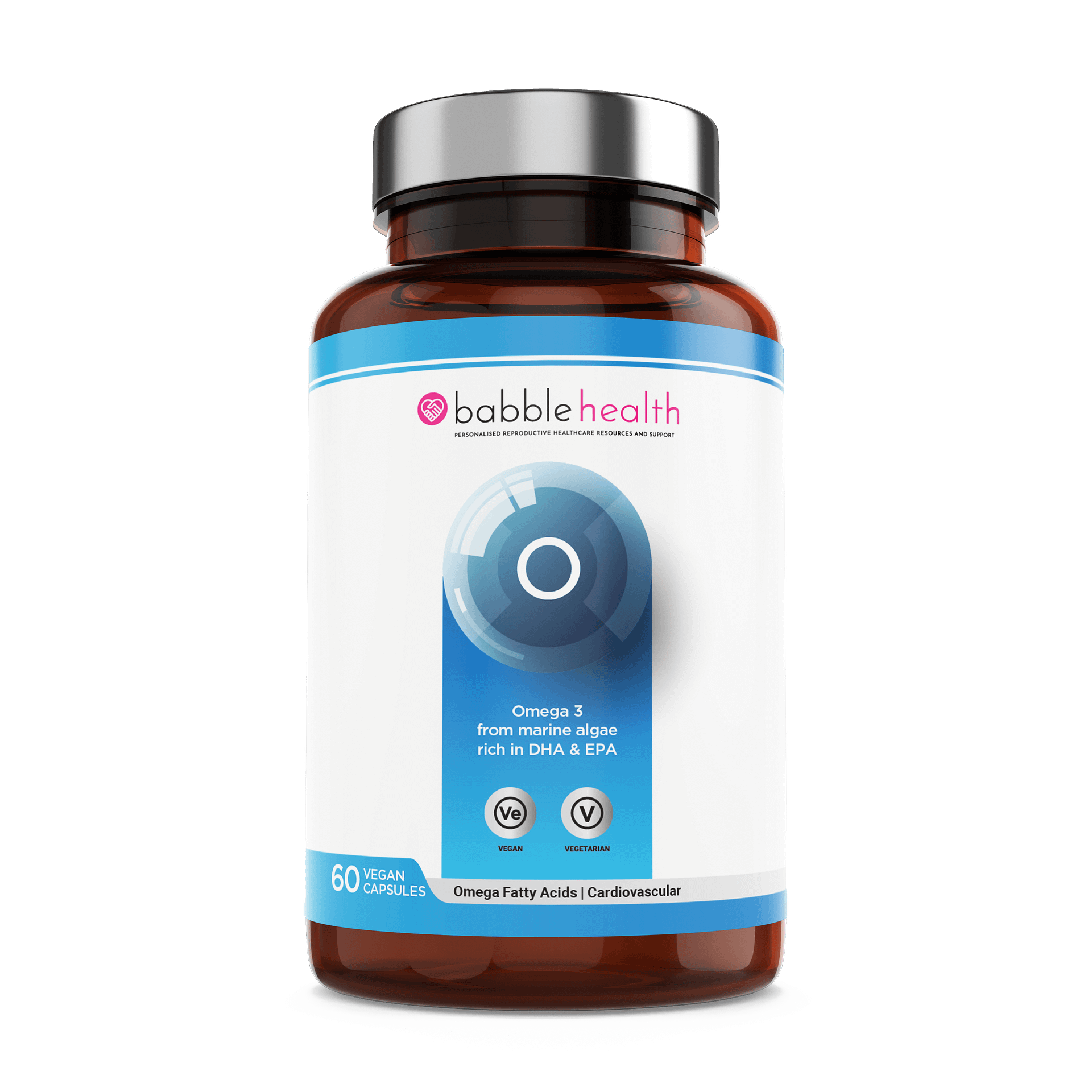By Sue Bedford (MSc Nutritional Therapist)
Since ancient times eggs have symbolized birth and new life and were believed to ensure fertility. It is believed that for this reason many ancient cultures, including the Ancient Egyptians, Persians and Romans used eggs during their spring festivals.
Eggs are packed full of many vital nutrients and are extremely versatile. Eggs are an excellent source of choline (which studies have shown can have significant positive effects on foetal development that may have a long-lasting influence into adult life). Eggs are also a great source of iodine, selenium, molybedum, vitamin B12, vitamin B2 and biotin. They are a good source of protein, iron, phosphorus, vitamin D, vitamin A and vitamin B5. With this amazing nutrient profile why not enjoy one at breakfast or lunch on a piece of sourdough with some smashed avocado to support fertility this Easter!
Eggs provide us with many health benefits including:
- Egg consumption helps to strengthen bones and teeth – eggs contain good amounts of vitamin D as well as phosphorus.
- They help to maintain healthy eyes – antioxidants such as zeaxanthine and lutein are contained within the egg yolks
- Egg consumption helps in the maintenance of healthy nerves and brain –choline helps to improve memory and is important in brain development and the B vitamins support a healthy nervous system and brain.
- They help to balance blood sugar levels – which is very important when trying to conceive, as excessive consumption of refined carbohydrates erratically throughout the day will cause blood sugar levels to rise and fall. This will cause insulin levels to peak and trough, which eventually may lead to insulin resistance. Excess insulin can affect ovulation.
- Consuming eggs helps in the management of PCOS – they are a good source of protein and so help to balance blood sugar levels as previously mentioned above, and as many women with this condition have low vitamin D levels so eggs provide this vital nutrient.
Did you know?
Chickens eggs – Contain less cholesterol than other types of eggs.
Ducks eggs – In comparison to other eggs, contain a greater amount of folate, iron, choline and omega 3 fatty acids -but contain more cholesterol than chicken eggs.
Quails eggs – High in phosphorus and folate. They contain a high amount of vitamin B1 in comparison to chicken eggs.
Goose eggs – Contain an excellent amount of Omega 3 fatty acids. They are also an excellent source of selenium and provide around 3.5 times the amount that can be found in a chicken egg.
Fancy a Chocolate egg? There is some good news for chocolate lovers too!
If, however you also fancy a chocolate egg this Easter! try to make sure that you go for an organic one which contains at least 80-85% cocoa. Dark chocolate is made from cacao or cocoa. All chocolate starts as harvested cacao beans from the plant’s seed pods. Once harvested, the cacao beans are typically fermented and dried before being sent off to factories for further production. Pure cacao and pure cocoa powder both have antioxidants and health benefits. It is rich in Procyanidins, which help to relax blood vessels and aid circulation, heart health and play an important role in virility. Polyphenols, which help to lower cholesterol. Flavonoids, which help to reduce inflammation. Theobromine which helps to lower blood pressure and combat fatigue. Dark chocolate can help support male fertility as it is a rich source of the amino acid L-arginine which studies show can improve sperm count and motility. This amino acid can also help female fertility too as it increases the flow of blood to the ovaries and uterus.
In a study conducted by the Hershey Co. and published in Chemistry Central Journal, the total flavanol and polyphenol content as well as antioxidant activity content of dark chocolate and cocoa powder were compared to super fruits like acai, cranberry, blueberry and pomegranate. The dark chocolates, cocoa powders and cocoa beverage in the study all contained natural or non-alkalized cocoa. This is important to note since the alkalization of cocoa has been shown to destroy healthy polyphenolic compounds. The researchers found that the flavanol content of cocoa powder (30.1 milligrams per gram) was significantly greater than that of all the other super fruit powders. It was also revealed that dark chocolate’s antioxidant capacity was higher than that of all the super fruit juices except pomegranate. The total polyphenol content per serving was also highest for dark chocolate (about 1,000 milligrams per serving), which was significantly higher than that of all the fruit juices except pomegranate juice.
Further reading:
Crozier, S. J., Preston, A. G., Hurst, J. W., Payne, M. J., Mann, J., Hainly, L., & Miller, D. L. (2011). Cacao seeds are a “Super Fruit”: A comparative analysis of various fruit powders and products. Chemistry Central Journal, 5, 5. http://doi.org/10.1186/1752-153X-5-5

